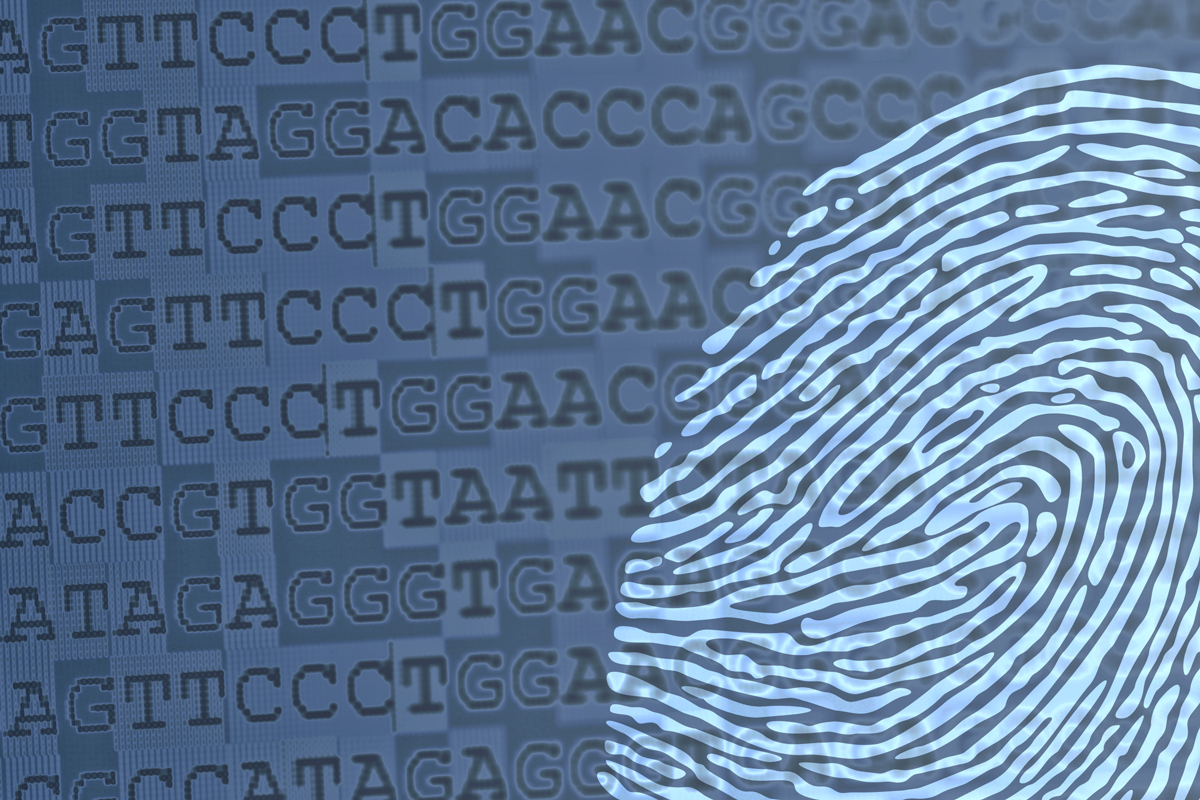Genome Comparison Easier with ‘Fingerprint’ Method
 isbscience.org/news/2017/10/05/genome-fingerprint-breakthrough/
isbscience.org/news/2017/10/05/genome-fingerprint-breakthrough/
Institute for Systems Biology researchers published a paper in the journal Frontiers in Genetics detailing a breakthrough that will have a major impact on how quickly and efficiently genome sequences are compared.
Genome sequences contain information with immense possibilities for research and personalized medical care. However, their size, complexity and diversity make comparing sequences error-prone and slow.
Drs. Gustavo Glusman, Denise E. Mauldin, Leroy E. Hood and Max Robinson have created a method for summarizing a personal genome as a “fingerprint.” Creating and comparing these fingerprints is significantly faster than traditional methods – computation of genome fingerprints takes between 15 and 45 seconds, and comparing genome fingerprints takes a fraction of a second.
Moreover, ISB researchers have taken privacy into account. Genome fingerprints contain enough information about the larger genome sequence to allow comparison, but they don’t reveal information that can identify genetic predisposition to diseases or other traits that could be used to affect an individual’s ability to obtain or maintain employment, insurance or financial services, or otherwise inadvertently lead to social stigma or negative effects.
“Many people equate genetic privacy with the inability to re-identify someone from their genome, but that’s just one scenario,” said Glusman, lead author of the paper. “You might want to find your relatives or determine how closely related you are to someone else, without having to reveal to them your propensity for various diseases. Our method enables this and many other analysis needs, quickly and securely.”





